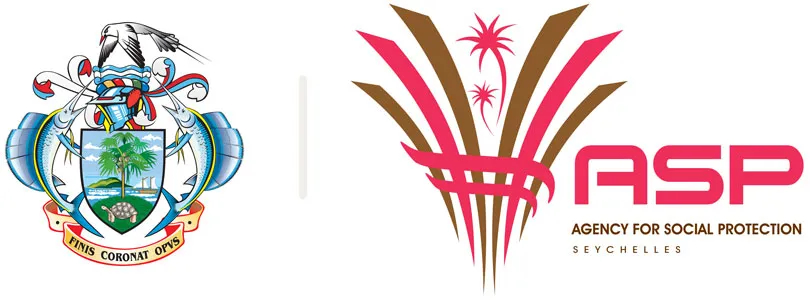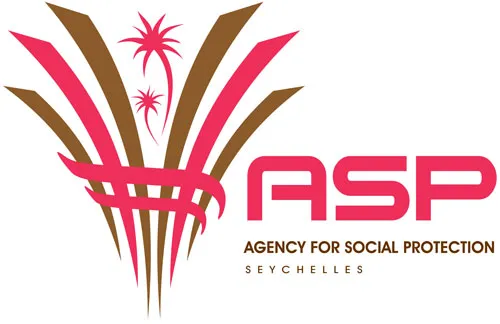Social protection schemes under the microscope
The cabinet of ministers has been briefed on the progress of the reforms to the social protection system that is currently underway and backed by the World Bank.
The reforms that will span over the course of three years, from 2021 to 2023, seeks to strengthen the efficiency and effectiveness of the country’s social protection system and create more sustainable welfare and social assistance programmes.
World Bank approved a total of US $30 million as a loan to the government to undertake this initiative, to be disbursed in sums of US $13.5 million each year, as and when the planned targets are completed by the government.
Principal secretary for social affairs, Linda William-Melanie, explained in a press conference on Friday that Strengthening Quality of the Social Protection System Program-for-Results Projections is structured around five major areas for reforms.
A multi-ministerial committee has been set up to tackle these reforms, including the Ministry of Employment and Social Affairs, Ministry of Finance, Economic Planning and Trade, Ministry of Health, Ministry of Education and Ministry of Lands and Housing, as well as the Agency for Social Protection (ASP) which manages and doles out the majority of social assistance programmes in the country.
The first area where reform is being undertaken is the homecare assistance programme to ensure that the homecare assistance tool is reviewed and a new tool is developed to replace the barthel index. The barthel index is a scale used to measure the functional independence of a person. The retirement pension, which is guaranteed to every person over the age of 63 years under the Social Benefits Act, is the second area expected to go under the microscope, particularly the retirement age.
The third area is in regards to the assessment of disability and invalidity benefits, followed by the reevaluation of the fourth area which is the sickness benefit.
PS William-Melanie noted that fifth and final area which is to be tackled in the reforms is the development and setting up of a social registry at the ASP, a large database which will collate data on each individual receiving social benefits from either the ASP or relevant ministries. This will make it easier for the government to identify areas where the system is being abused and to better streamline the benefits, ensuring that who needs assistance most is able to receive. “Under this programme with the World Bank there are different targets and timelines. Our targets for 2021 are underway – we are looking at the targeted assistance under the Agency for Social protection, assessment framework for homecare assistance as well as bringing about reforms to managing homecare services,” said PS William-Melanie. “We also have the assessment for disability and invalidity that will spill over in 2022. Ongoing work that needs to be done is in regards to the retirement age which would necessitate amendments of the Employment Act and other related legislations,” she added. Once the reforms are completed, invalidity and disability benefits as well as homecare assistance might most likely be moved from under the auspices of the ASP.
The chief executive of the ASP, Brenda Morin, noted that these reforms will benefit the country by establishing well-targeted benefits that will help those who truly need the assistance, and in a more efficient and timely manner. “The social registry is key to us – we will not have to wait for people to come to us. We will have the overall picture and the government will be able to forecast where the person needs the assistance,” statedMrs Morin.
A senior World Bank official observed that Seychelles needs to improve its social protection system to ensure that it distributes greater resources to those living at the bottom 40% of the income distribution and to make it more efficient.” World Bank also noted that the country spent almost 7% of its GDP on social protection in 2020, a level higher than the averages observed across Sub-Saharan Africa, small-state islands, and upper-middle income countries, even considering the effects of Covid-19.

